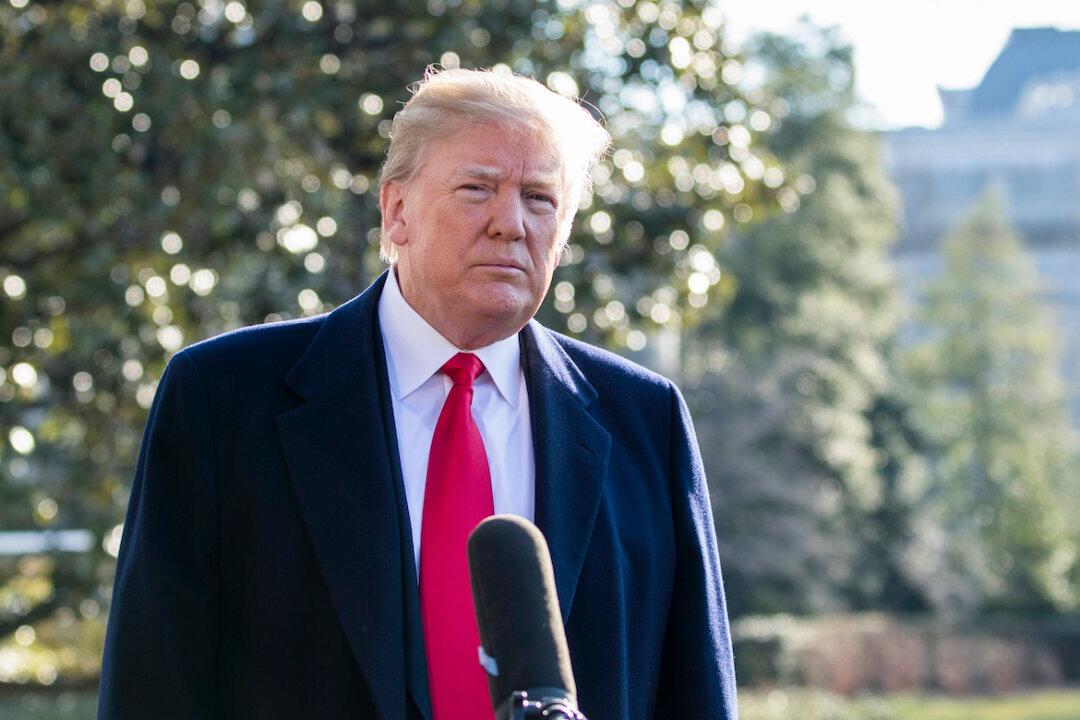Former President Donald Trump on Tuesday praised the Nigerian government’s decision to block access to Twitter, and called on other countries to do the same.
Trump applauded the Nigerian government’s move to indefinitely suspend Twitter’s activities, two days after the social media giant removed a post by Nigerian President Muhammadu Buhari that threatened to punish regional secessionists in the West African country.





